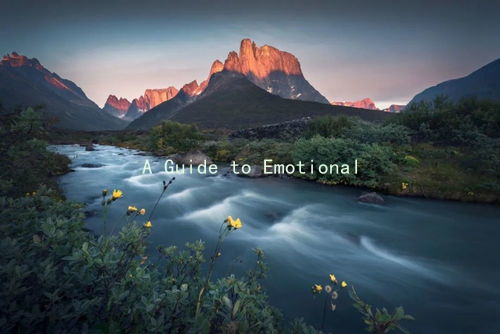Transformative Relationship Skills from Future Sexual Education Perspectives
Transformative Relationship Skills from Future Sexual Education Perspectives
In todays rapidly evolving society, the landscape of relationships and intimacy is changing dramatically. Amidst this evolution, there emerges a pressing need for effective communication and relational skills that not only foster understanding but also pave the way for healthier romantic connections. As we look towards the future of sexual education, we must consider how transformative relationship skills can be integrated into the curriculum to better prepare individuals for real-world interactions.
One key aspect of future sexual education is the importance of communication. Healthy relationships thrive on open dialogue, where partners feel safe to express their thoughts, feelings, and desires. Education programs should prioritize teaching the nuances of effective communication skills, such as active listening, nonverbal communication, and empathetic responses. By equipping individuals with the ability to articulate their needs and to listen to their partners, we create a foundation for deeper understanding and stronger connections.
Another critical component is the cultivation of emotional intelligence. Understanding and managing one’s emotions, as well as recognizing and empathizing with a partner’s emotional state, are vital skills in navigating romantic relationships. Future sexual education should incorporate workshops and exercises designed to enhance emotional awareness and regulation, allowing individuals to build resilience and compassion within their budding relationships.

Setting and respecting boundaries is also essential in fostering healthy partnerships. The notion of consent should be firmly embedded in sexual education, emphasizing that it is not merely a one-time discussion but an ongoing conversation. Courses should provide practical scenarios and role-play exercises so that individuals can practice asserting their boundaries and respecting the boundaries of others. This proactive approach can prevent misunderstandings and establish mutual respect from the outset.
Moreover, conflict resolution is a transformative skill that should be addressed. Relationships inevitably face challenges, and teaching individuals how to effectively resolve conflicts without escalation is crucial. Future curricula could include strategies for constructive disagreement, negotiation techniques, and the importance of compromise. By empowering individuals with these skills, we promote resilience in relationships, ensuring partners can navigate rough patches with grace and understanding.
Lastly, it is imperative to recognize the influence of personal values and cultural contexts in shaping relationships. Future sexual education should incorporate discussions about diverse relationship models, orientations, and cultural norms. By exposing individuals to various perspectives, we foster inclusivity and encourage respect for differing relationship dynamics. This understanding can lead to richer, more fulfilling connections as individuals learn to appreciate their partners background and values.
In conclusion, the future of sexual education holds the promise of equipping individuals with transformative relationship skills that extend far beyond the classroom. By emphasizing effective communication, emotional intelligence, boundary-setting, conflict resolution, and cultural competence, we prepare a generation for healthier, more fulfilling relationships. As we navigate the complexities of love and intimacy in an ever-changing world, these foundational skills will undoubtedly play a pivotal role in shaping the success of romantic partnerships across diverse landscapes.





